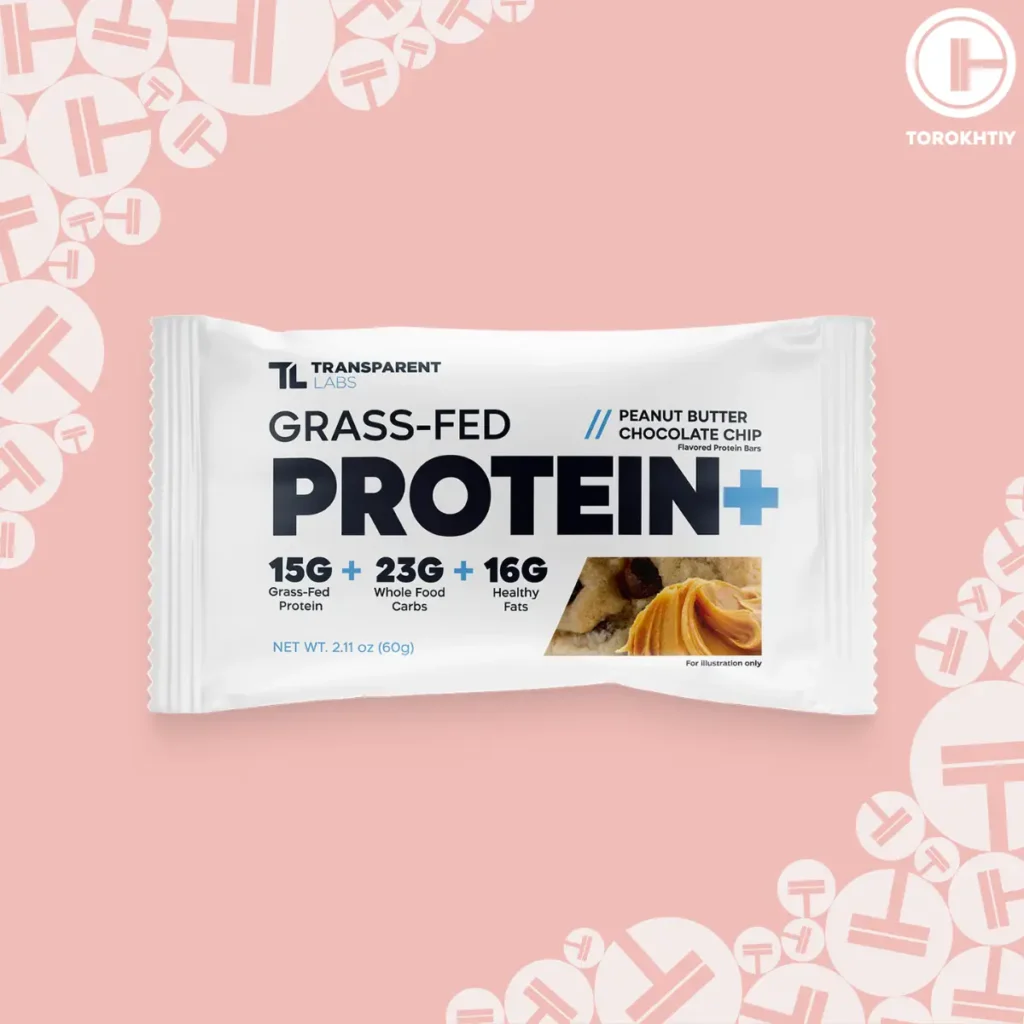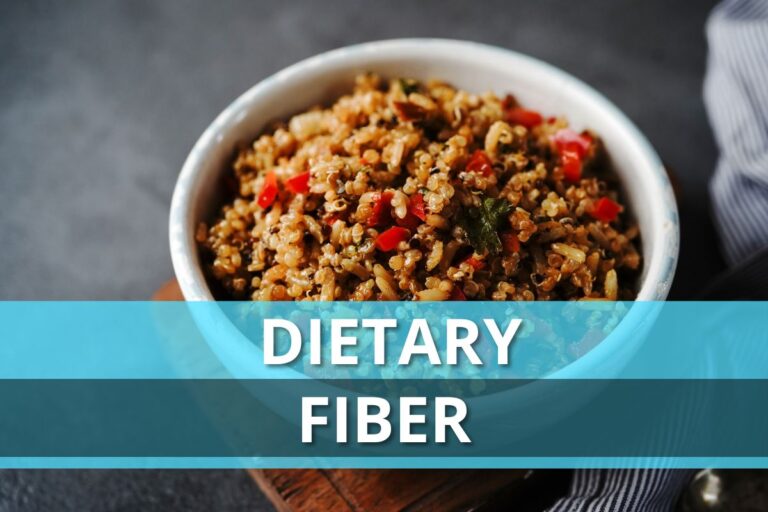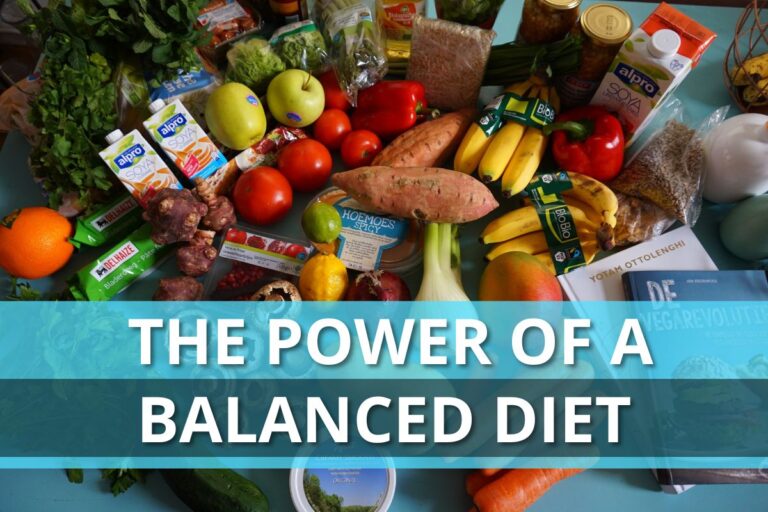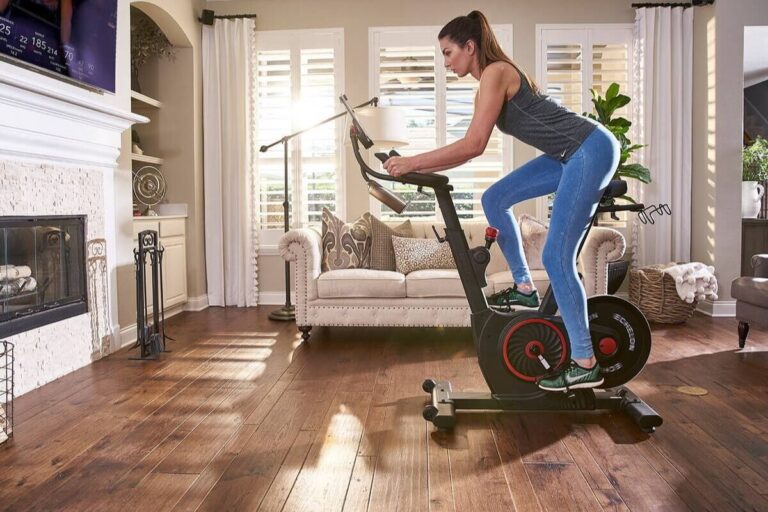Why Do Protein Bars Taste Bad?
Protein bars can be a convenient snack to help you add more protein to your diet. They are a popular option among athletes and fitness enthusiasts. However, why do protein bars taste bad? It’s no secret that most protein bars don’t have the best taste or texture.
In this article, we’ll explore the reasons why protein bars are so gross (at least some of them) and tips for helping you choose the best protein bar.
So, why do protein bars taste bad? The reason relies on the ingredients each company uses. Certain ingredients like artificial sweeteners, preservatives, and flavors can make the protein bar taste funky. Also, plant-based protein tends to have a rather earthy flavor compared to dairy-based protein.
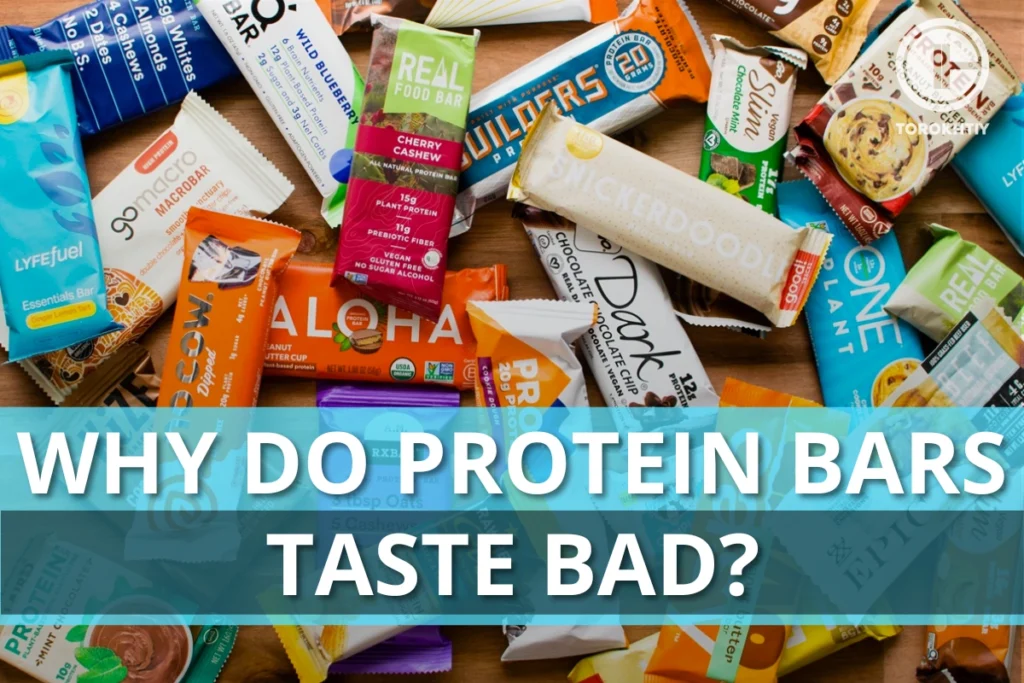
Why Do Protein Bars Taste Bad?
Protein bars are formulated to provide a large amount of protein in a single serving. As a result, the taste and texture of a protein bar may vary depending on the intended macronutrient distribution.
Also, protein bars may taste bad because of the preservatives, flavorings, or sweeteners that are added to help enhance the flavor. While they are meant to enhance the flavor, in some cases, they may do the opposite.
What Can Make A Protein Bar Taste Bad?
While there is no single answer as to why protein bars taste bad, there are some ingredients that can increase the risk of protein bars tasting strange. The sweeteners and protein options play a huge role in the taste of the protein bars.
1. Sweeteners
Research shows that artificial sweeteners may have a bitter aftertaste. While not everyone dislikes it, some cannot seem to handle this aftertaste. Options like saccharin, aspartame, and sucralose can all increase the risk of a protein bar tasting bad.
A natural sweetener, such as monk fruit or stevia, may be a better option for those who cannot tolerate the aforementioned sweeteners. However, some people may also experience an aftertaste with natural, non-caloric sweeteners. For those individuals, you may be stuck with protein bars that add sugar and/or fruit such as dates.
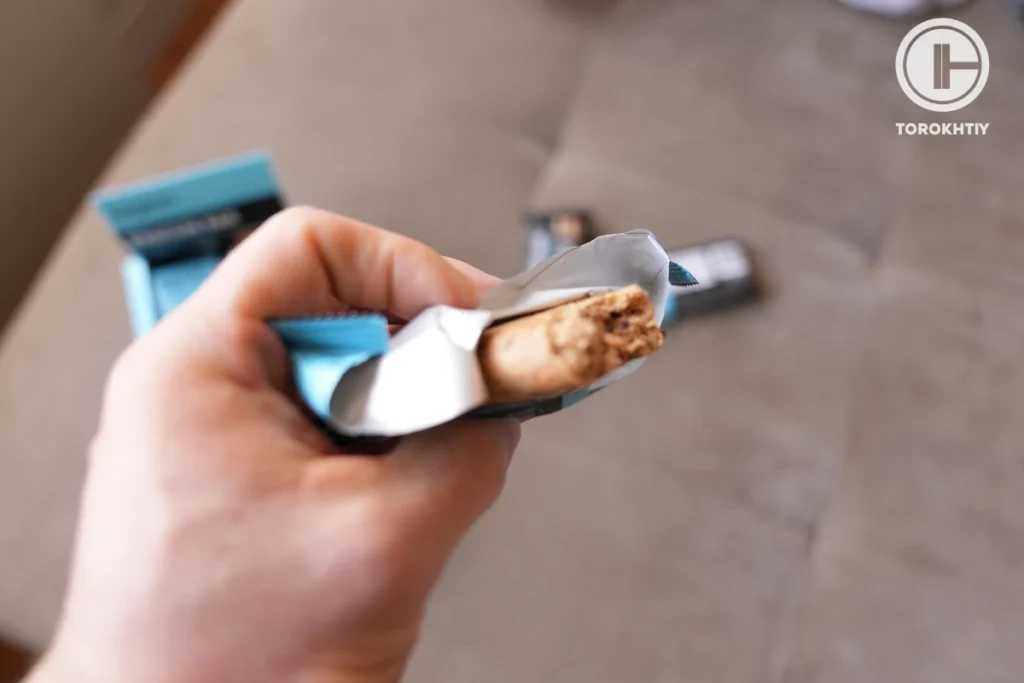
2. Plant-Based Proteins
Pea, soy, hemp, and rice proteins are popular among plant-based proteins. However, some people find these alternatives to have an earthy flavor and grainy texture. Also, some people seem to find plant-based proteins slightly bitter, which can enhance this bitterness when combined with artificial sweeteners.
3. Artificial Flavors
Finally, if the protein bar contains artificial flavors, it may result in a rather weird-tasting bar. While artificial flavors are meant to mimic natural flavors, some people find them too artificial, which can be off-putting.
Tips For Choosing The Best Protein Bar
Protein bars can aid in weight management due to their satiating effects and can help support muscle mass with their high protein content. For that reason, protein bars can be an excellent ally on your fitness journey. So, if you want to add a protein bar but don’t know how to choose one, here are some tips and tricks to help you.
1. Small Amount of Added Sugars
Make sure you choose a protein bar with a low sugar content. While sugar in moderation is not bad, the problem is when there is a large sugar intake. Search for a protein bar with less than 10 grams of added sugars per serving.
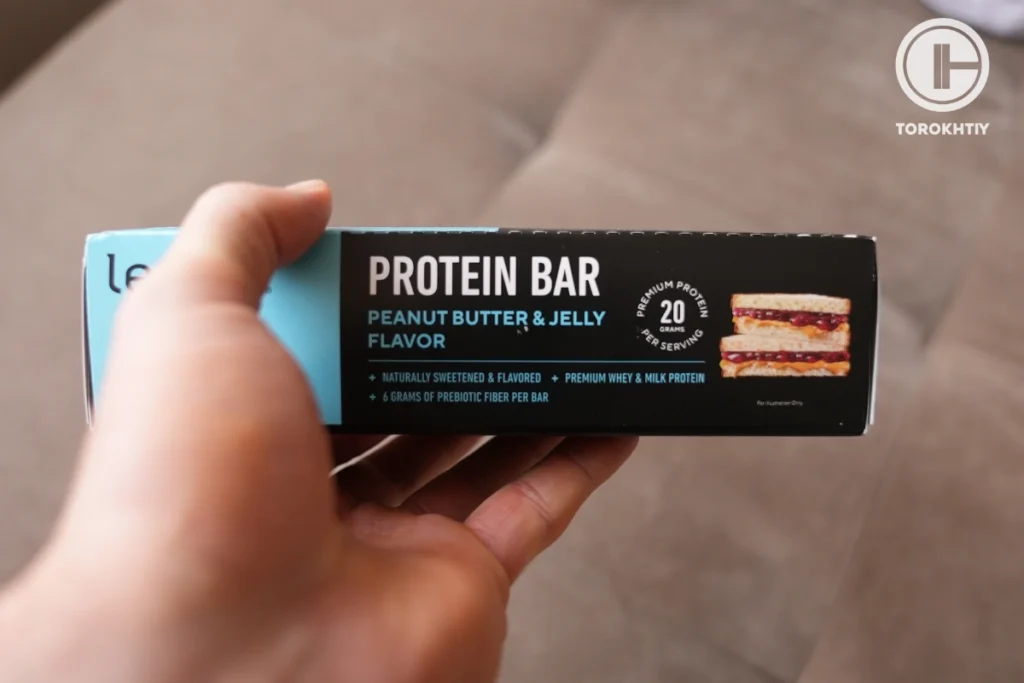
2. Choose Dairy-Based Protein (If Not Vegan)
Dairy-based protein (whey or casein) tends to be more pleasant than plant-based proteins. If you are not vegan, choosing a whey-based protein bar can be a good idea. It will be tastier and provide you with high-quality protein since it contains all the essential amino acids (unlike some plant-based proteins).
3. Check Out Reviews
Finally, check out customer reviews. But don’t go straight to the company’s website. In most cases, they only show positive reviews. Go to iHerb or Amazon and check what other users are saying. Here, you can read people’s thoughts about the protein bar’s texture and taste.
Our Recommended Protein Bar
Our recommended protein bar option is Transparent Labs grass-fed protein bar. It comes in a delicious peanut butter chocolate chip flavor. Since it is made with whey, it does not have the earthy flavor of plant proteins. In addition, it doesn’t contain artificial sweeteners, colorings, or preservatives.
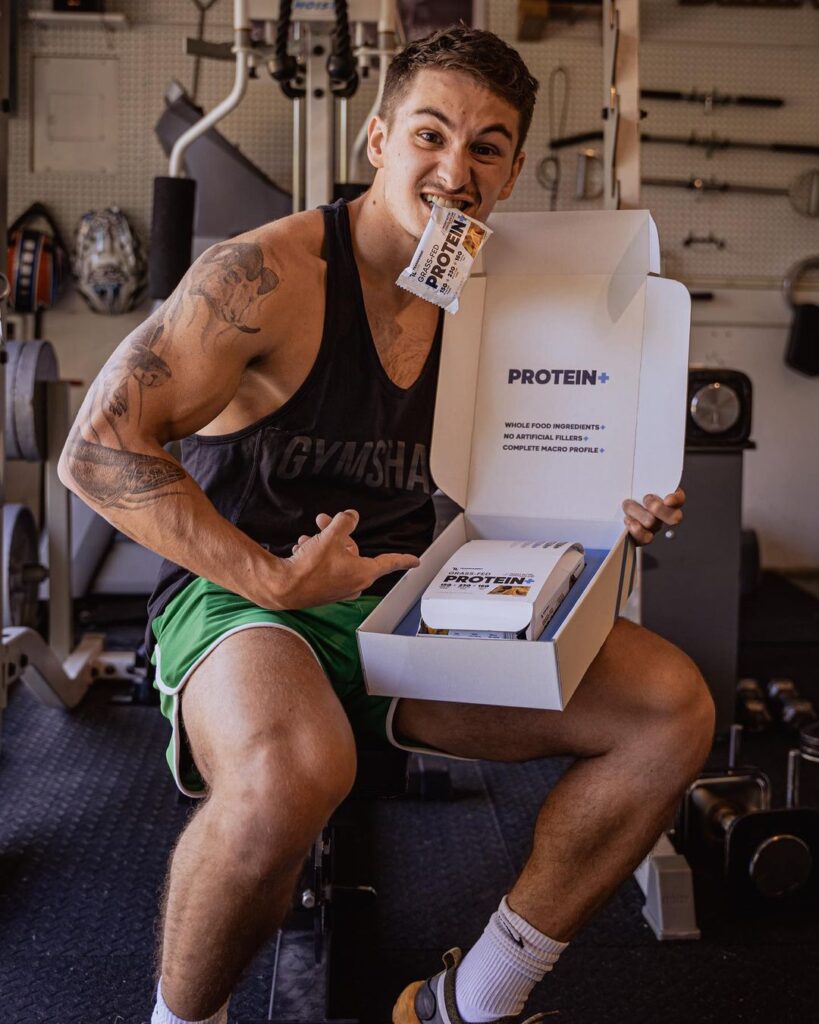
Each protein bar provides 280 calories, 23 grams of carbs, 3 grams of fiber, 15 grams of protein, and 16 grams of fat.
FAQ
Are Protein Bars Sweet?
Yes, protein bars contain artificial (sucralose, saccharin, or aspartame) or natural sweeteners (stevia or monk fruit) to make them palatable.
Why Do I Feel Bad After Eating a Protein Bar?
Some protein bars may contain sugar alcohols, preservatives, and additives that may increase the risk of digestive issues in certain people. This means you may experience bloating, gas, and stomach cramps.
Why Do Protein Bars Taste Metallic?
Some artificial or natural non-caloric sweeteners may provide a bitter or metallic aftertaste to some people.
Conclusion
Protein bars are an easy and convenient protein source. However, artificial or natural non-caloric sweeteners, preservatives, flavorings, and the type of protein can all affect the taste of the protein bar.
For the best-tasting protein bar, Transparent Labs has a grass-fed protein bar with peanut butter chocolate chip flavor. Since it doesn’t contain artificial flavorings or sweeteners and is made with whey protein, it provides a delicious protein bar.
What is your favorite protein bar? Let us know in the comments.
Also read:
- Is It Bad to Eat Protein Bars Without Working Out
- Do Protein Bars Help You Lose Weight
- Best Tasting Protein Bars
- Best Protein Bars for Muscle Gain
- Best Beef Protein Powder
- Are Protein Bars Actually Good For You
- Best Non Dairy Protein Shakes
References:
- Kuhn C. Bitter Taste Receptors for Saccharin and Acesulfame K. Journal of Neuroscience. 2004;24(45):10260-10265. doi:https://doi.org/10.1523/jneurosci.1225-04.2004
- Muenprasitivej N, Tao R, Nardone SJ, Cho S. The Effect of Steviol Glycosides on Sensory Properties and Acceptability of Ice Cream. Foods. 2022;11(12):1745. doi:https://doi.org/10.3390/foods11121745
- Paddon-Jones D, Westman E, Mattes RD, Wolfe RR, Astrup A, Westerterp-Plantenga M. Protein, weight management, and satiety. The American Journal of Clinical Nutrition. 2008;87(5):1558S1561S. doi:https://doi.org/10.1093/ajcn/87.5.1558s
- Carbone JW, Pasiakos SM. Dietary protein and muscle mass: Translating science to application and health benefit. Nutrients. 2019;11(5):1136. doi:https://doi.org/10.3390/nu11051136
- Rippe J, Angelopoulos T. Relationship between Added Sugars Consumption and Chronic Disease Risk Factors: Current Understanding. Nutrients. 2016;8(11):697. doi:https://doi.org/10.3390/nu8110697
Why Trust Us?
With over 20 years in Olympic Weightlifting, our team does its best to provide the audience with ultimate support and meet the needs and requirements of advanced athletes and professional lifters, as well as people who strive to open new opportunities and develop their physical capabilities with us.
By trusting the recommendations of our certified experts in coaching, nutrition, dietology, and sports training programming, as well as scientific consultants, and physiotherapists, we provide you with thorough, well-considered, and scientifically proven content. All the information given in the articles concerning workout programming, separate exercises, and athletic performance, in general, is based on verified data. We ensure that you can rely on our professionals’ pieces of advice and recommendations that can be treated as personalized ones which will benefit you and fully meet your needs.
The product testing process is described in more detail here
Author: David Sasha Schulz
Doctor of Chiropractic, BSc Human Biology, CSCS
Strength coach (CSCS) – 10 years
Sasha is a Chiropractor and Kinesiologist practicing in Kelowna, BC, Canada. He has been practicing Chiropractic since 2019, integrating manual therapy, strength training and programming principles, and nutritional strategies to get his patients optimal results. He currently scratches the competitive itch in fitness, and the occasional endurance race, and plays golf and snowboards for fun. He has an interest in all strength and fitness-related sports.

